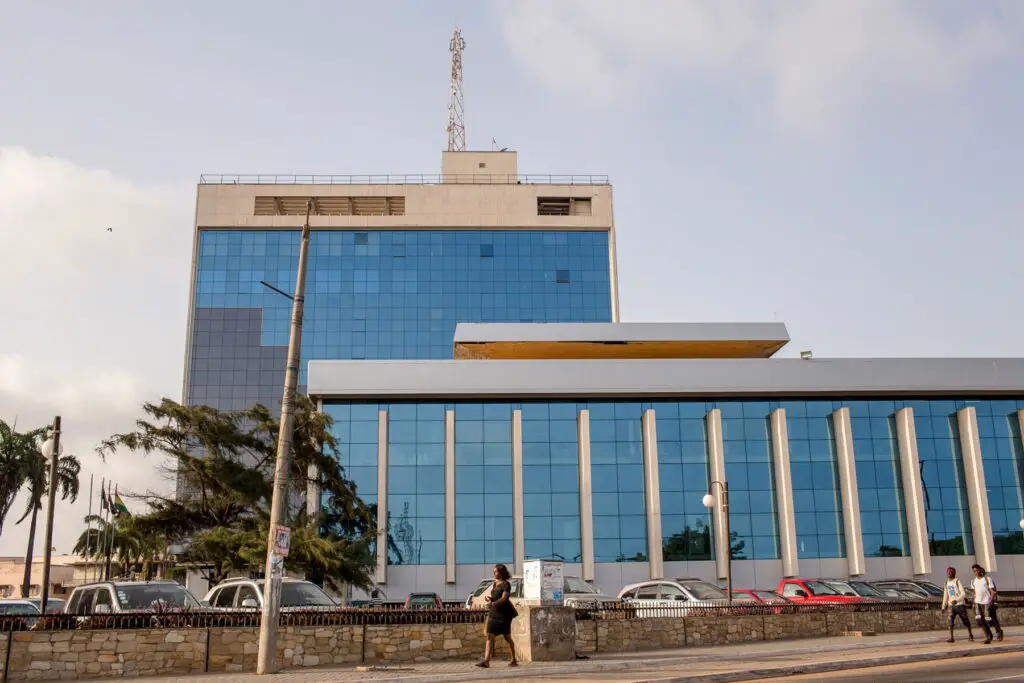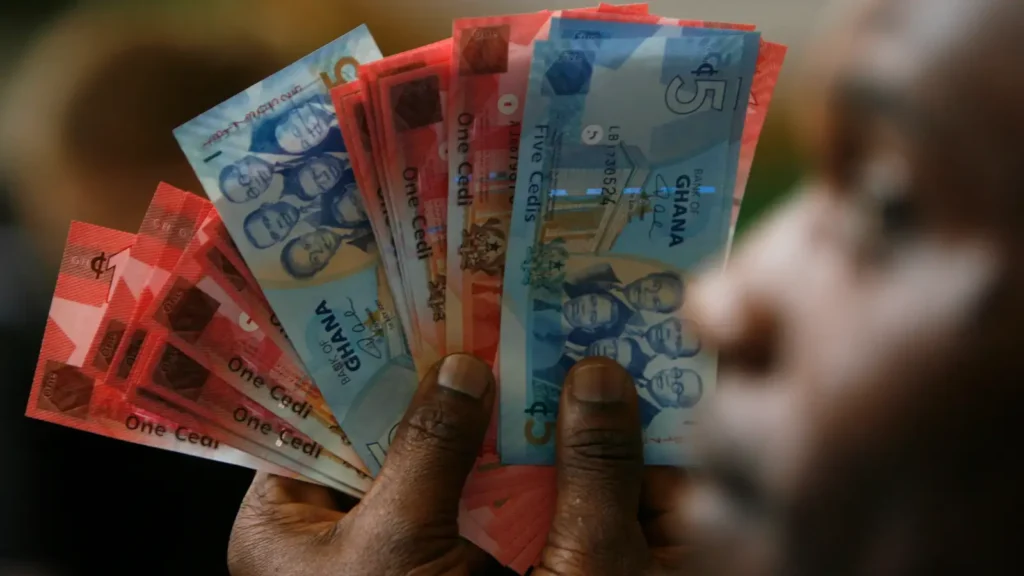- In April, Ghana’s inflation eased for the fourth month in a row to 41.2%. In December the West African country’s inflation hit a record 54.1%.
- With the depreciating local currency against the US dollar, imports have become increasingly out of reach for millions of citizens.
- In early May, the IMF wired $3 billion to the Central Bank of Ghana to cushion is fast waning forex reserves.
The Central Bank of Ghana has maintained key interest rate at 29.5 percent to help tackle high inflation plaguing the West African Country. The fiscal policy regulator notes that the tight monetary stance and stabilising currency rates are playing a significant role in its decision.
Central Bank of Ghana tackling inflation
Ghana, well known for its cocoa, gold, and oil, has suffered immensely, with recent fiscal measures causing high inflation rates. According to statistics, the West African nation is facing the worst economic crisis of its generation, and there appears to be no improvement.
Ernest Addison, the governor of the Central Bank of Ghana, stated that the nation had experienced a noticeable decrease in the number of products in its Customer Price Index Basket report. Ghana’s inflation has been easing for four months in a row since hitting a jaw-dropping 54.1 percent in December. In April, statistics office said Ghana’s inflation rate slowed to 41.2 percent.

The International Monetary Fund executive board issued a $3 billion, three-year loan to the West African country to ease forex pressure. This new agreement allocated an immediate $600 million funding to potentially deliver the Central Bank of Ghana from its current crisis.
Read: Egypt maintains 3.6% GDP growth in FY20 despite pandemic.
Ghana restructuring debt
The bank said, “This development (the approval of the IMF financing) is positive for the domestic economy. Unfortunately, it is conditional on the strong implementation of the fiscal and structural policies under the program.“
Unfortunately, despite its relief, the three-year program is only additional debt for the country. According to statistics, the national debt of Ghana amounts to $62.5 billion. Unfortunately, given its current trajectory and economic growth, this figure experts estimated the deficit to reach $139 billion by 2028.
In light of this gruesome truth, the Central Bank of Ghana has set out to restructure the country’s debt. Already, it has sought a $10.5 billion reduction in eternal debt services from 2023 to 2026. Despite Ghana’s immense debt, the nation still hopes to reduce its risk of financial distress to a moderate level by 2028.
Leslie Dwight Mensah, an economist at the Institute for Fiscal Studies in Accra, agrees with the central bank’s decision. In maintaining its interest rate, the Central Bank of Ghana will retain at least one means of collecting the funds required to pay the debt.
He said, “It matches a conservative stance, which recognizes that although inflation may be heading downwards through the rest of the year, it will be a long while before it returns to the official target band.“
High inflation hitting citizens hard
The high inflation rate has plagued various African states and, in each, has caused an immense backlash. High tax rate causes ripple effects that affect other industries essential to maintaining nations. The same is true for Ghana, a country of 33 million people.
Dela Omar, an IT specialist in capital Accra, says it has been at least half a decade since he could say he “maintains a comfortable living.” The economic crisis plaguing Ghana has significantly pushed up the cost of everything.
Read: Tanzania: Strings of World Bank’s Education Funding
Healthcare and food costs have become a painful struggle for most Ghanaians. In February, the inflation stood at 52.8 percent, leaving the prices of most commodities multiple times costlier than ten years ago. The country’s export and import industry has been worst hit.
Importing any entity costs more; thus, business owners have to hike the prices to make a profit. Many business owners are now unable to import as many items. And with high prices, millions of customers are unable to buy.
Furthermore, the poor performance of the country’s local currency is also a contributing factor. Its current state has led to riots and demonstrations throughout the Western country. According to local import experts, “The food items under the inflation basket are primarily items we could produce ourselves. Thus, we must awaken and commit our resources and energy to get into the production arena.”
Read: Transportation sector at risk as Kenya considers fuel VAT increase.
Huge debt across Africa
Huge external debt and resultant high taxes to help repay the loans are affecting key economies across Africa. Zambia is undertaking a $18 billion debt overhaul. With mounting debt and weakening local currency, Kenya has proposed drastic tax measures to raise revenue. For instance, Kenya is seeking to raise fuel VAT to 16 percent from 8 percent starting July 1st. Increase in interest rates in US and Europe have left African currencies losing ground steadily, even as debt weight mounts.
South Africa also had a similar issue as its government announced increased electricity bills. This rattled the citizens, showcasing the government’s inability to deal with the main problem; Eskom’s corruption.











